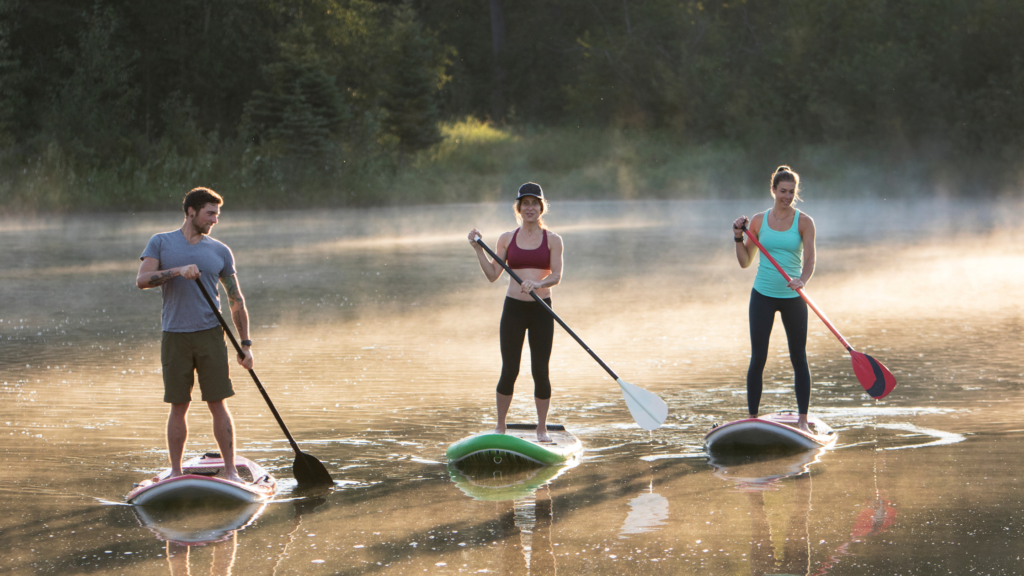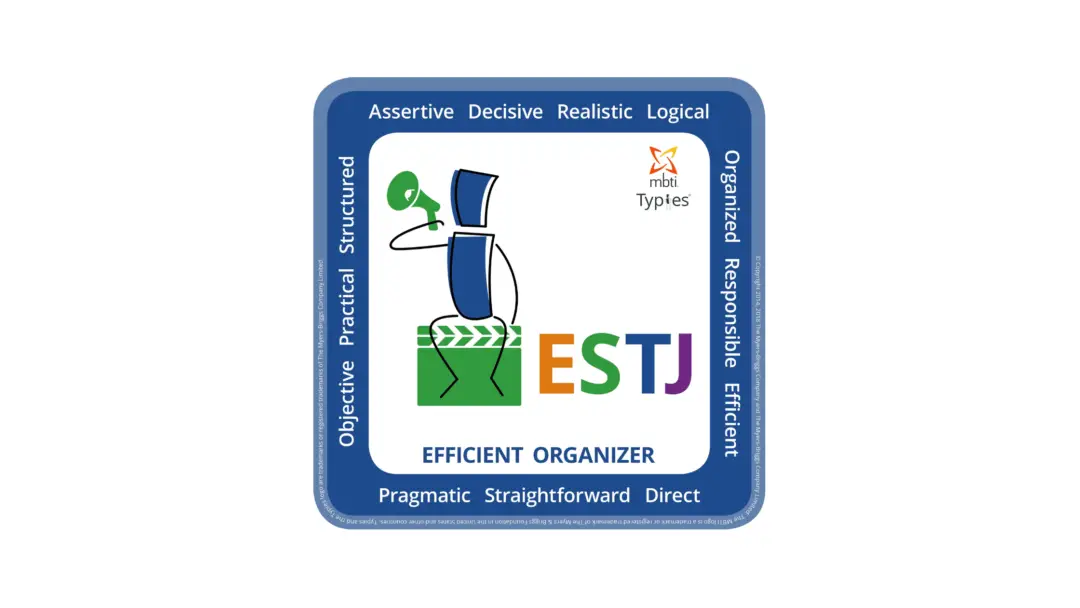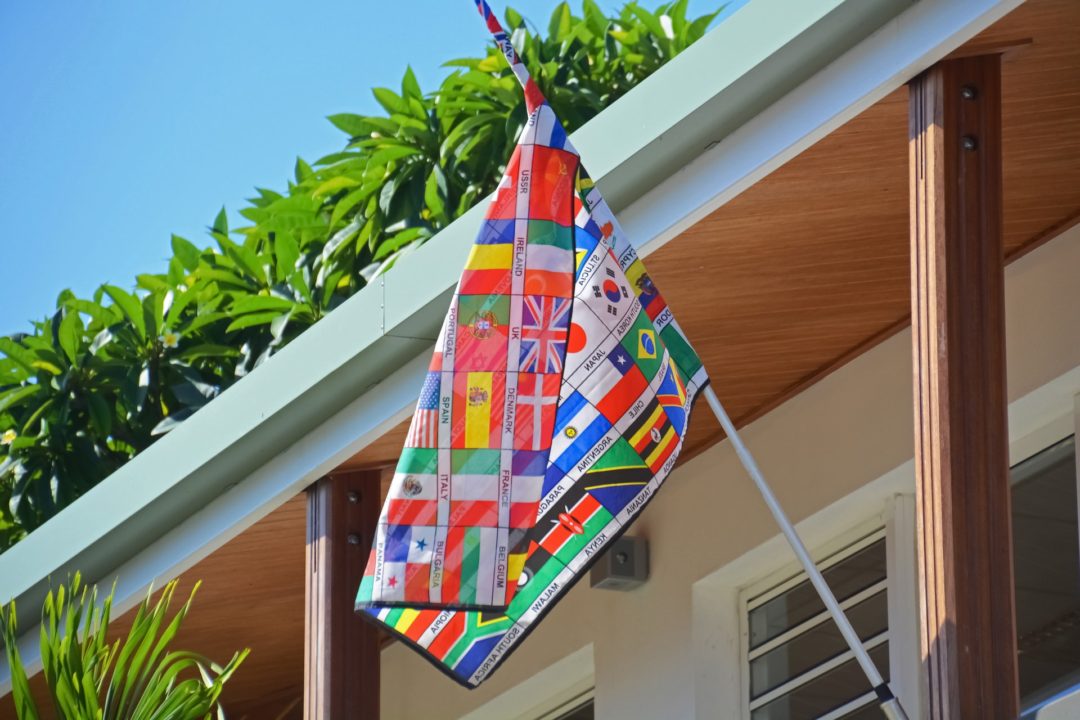Life after military service often presents unique challenges, from adjusting to civilian life to managing stress or rediscovering a sense of purpose.
Engaging in hobbies can be a powerful way for veterans to navigate this transition, offering benefits like stress relief, social connection, skill development, and improved physical and mental health.
Whether it’s a creative outlet, a way to stay active, or simply a fun and fulfilling pastime, hobbies provide veterans with opportunities to build balance, express themselves, and thrive in their post-service lives.
Here’s an A-Z List of Hobbies for Veterans with over 100 hobby ideas. These hobbies cater to various interests and needs, such as staying active, connecting with others, and pursuing passions.
A
Astronomy
Animal Training (e.g., service dogs)
Art Collecting
Auto Restoration
B
Book Club Membership

C
Camping
Canoeing
Collecting Coins or Memorabilia
D
Dancing (e.g., ballroom, swing)
Digital Art Creation
Diving (Scuba or Snorkeling)
E
Electronics Repair
Event Planning (Community Service)
Environmental Cleanup Volunteering
Esports Gaming
F
Fitness Training
Furniture Making
Food Preservation (Canning, Dehydrating)
Flying Lessons (Pilot Training)

G
Geocaching
Glassblowing
H
Hunting
Home Brewing (Beer, Mead)
Historical Reenactments
Handicrafts (Knitting, Crocheting)

I
Investing (Stocks, Real Estate)
Interior Design
Improv Comedy Classes
Illustration
J
Jewelry Making
Jogging/Running
Join Veteran Support Groups

K
Kayaking
Knife Making
Kiteboarding
L
Leatherworking
Landscape Photography
Lapidary (Stone Polishing)
Line Dancing
M
Model Building (Trains, Planes)
Mountain Climbing

N
Night Photography
Nordic Walking
Navigation (Orienteering)
O
Outdoor Cooking (Grilling, Dutch Oven)
Ornithology (Bird Study)
Oil Painting
Off-Roading
P
Pottery
Painting (Acrylic, Watercolor)
Pilates

Q
Qigong (Chinese Exercise)
Quiz Nights (Trivia Competitions)
Quilling (Paper Crafting)
Quiet Retreats (Mindful Escapes)
R
Reading Groups
Robotics
Running Races (5K, 10K, Marathons)
Road Trips

S
Sailing
Scrapbooking
Scouting (Mentorship)
Shooting Sports (Target Practice)
Sculpture
T
Table Tennis
Theater Acting
Tai Chi
Tinkering (Repairing Gadgets)
U
Urban Gardening
Ukulele Playing
Upholstery Restoration
Ultimate Frisbee
Underwater Photography

V
Volunteering (Charity Work)
Video Production
Vegetable Gardening
Vehicle Customization
W
Weightlifting
Walking Tours
Writing (Memoirs, Fiction)
Wildlife Conservation

X
Xbox Gaming (or other consoles)
Xeriscaping (Low-Water Gardening)
Xylophone Playing
Y
Yachting
Yard Art Projects
Youth Mentoring

Z
Zumba
Ziplining
Zoology (Animal Observation)
This extensive list includes physical, creative, and community-driven hobbies to inspire veterans to explore new passions or deepen existing interests.
Here’s a draft for a blog section on the benefits of veterans having hobbies:
The Power of Hobbies for Veterans: Building Balance and Well-Being
Life after military service often comes with a unique set of challenges. Veterans may face the need to adapt to civilian life, cope with physical or mental health concerns, or redefine their sense of purpose. This is where hobbies can play a transformative role. By engaging in meaningful activities, veterans can experience numerous benefits that support their overall well-being:

- Stress Relief and Mental Health
Hobbies such as painting, gardening, or fishing provide a calming escape from the pressures of daily life. They encourage mindfulness and focus, helping veterans alleviate stress and reduce symptoms of anxiety or depression. Activities like woodworking or knitting can be particularly therapeutic, offering both mental clarity and a sense of accomplishment. - Reconnecting with Community
Many hobbies, such as joining a sports league, participating in local art classes, or volunteering, create opportunities for veterans to connect with like-minded individuals. These social interactions can help reduce feelings of isolation and foster a sense of belonging within their community. - Skill Development and Purpose
Veterans often have a natural drive for learning and self-improvement. Hobbies allow them to explore new skills, whether it’s through learning a musical instrument, mastering photography, or even diving into entrepreneurship. Developing expertise in a hobby can also restore a sense of purpose, echoing the mission-driven mindset they had during service. - Physical Health and Mobility
Physical hobbies like hiking, cycling, or yoga not only help veterans stay active but also improve overall health and mobility. For those recovering from injuries, adapted physical activities can play a critical role in rehabilitation and boosting physical confidence. - Creative Expression and Storytelling
Writing, painting, or filmmaking gives veterans an outlet to process and share their experiences. Through creative expression, they can channel emotions, tell their stories, and connect with audiences who may benefit from their perspective. - Improved Focus and Routine
The structure and discipline learned in the military often thrive when veterans adopt hobbies that require regular practice, such as martial arts, gardening, or playing chess. These activities encourage a healthy routine and build focus in a way that feels natural and rewarding.
Hobbies are more than just pastimes—they’re a pathway to healing, growth, and fulfillment for veterans. By investing time in activities they enjoy, veterans can cultivate a healthier and more balanced post-service life.





